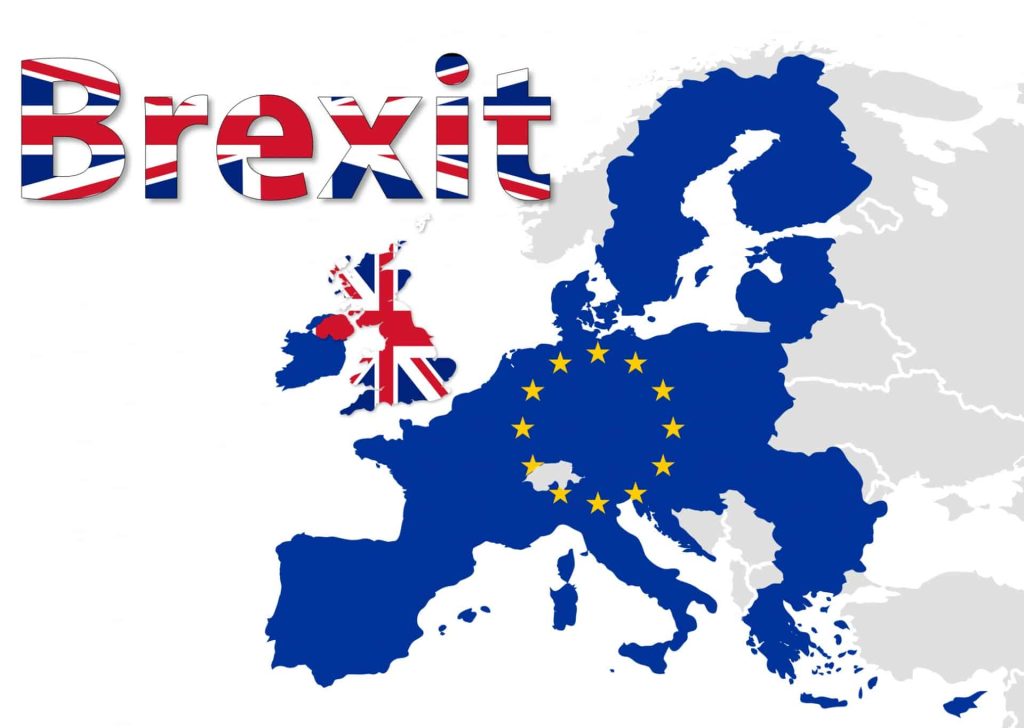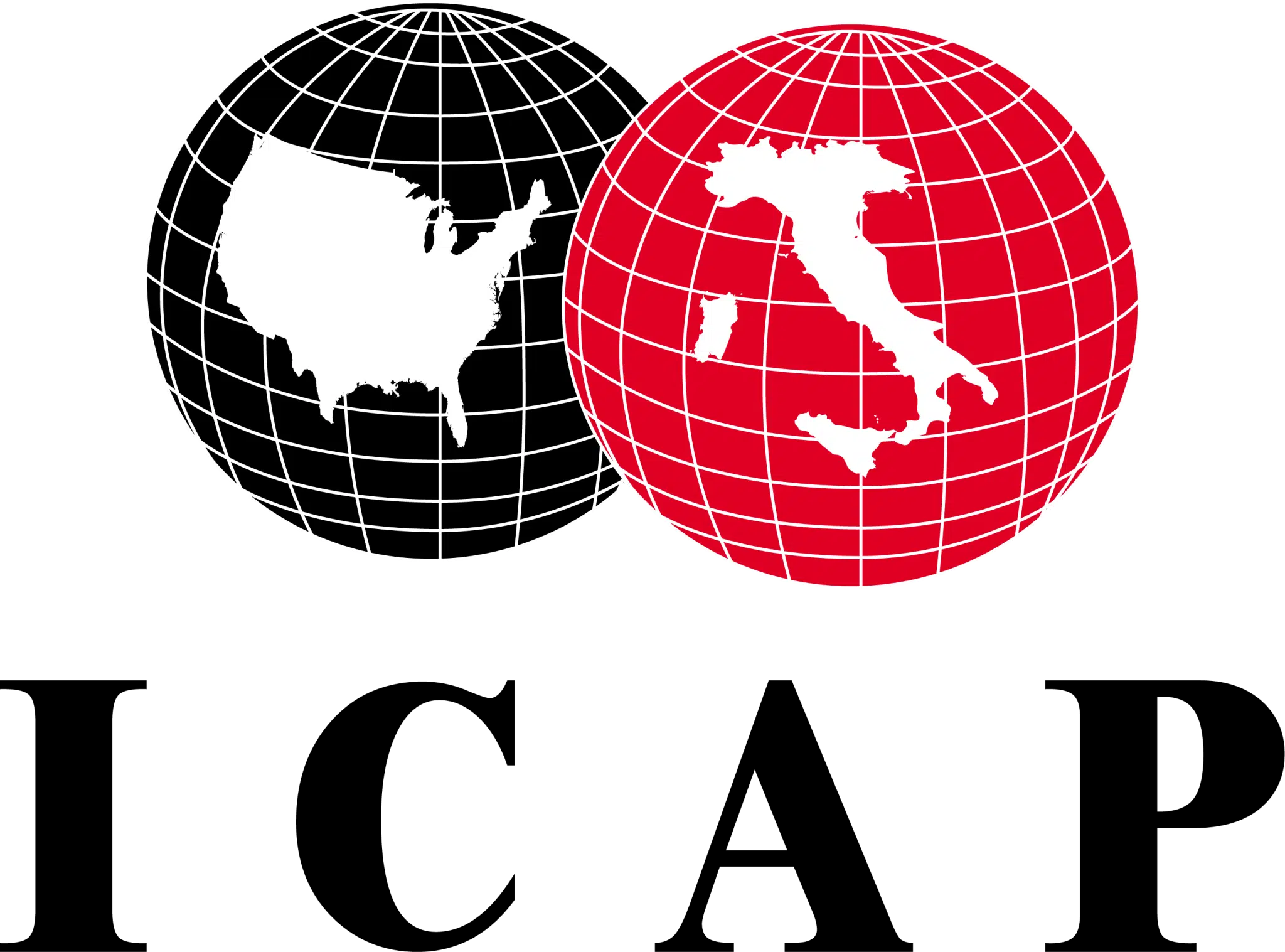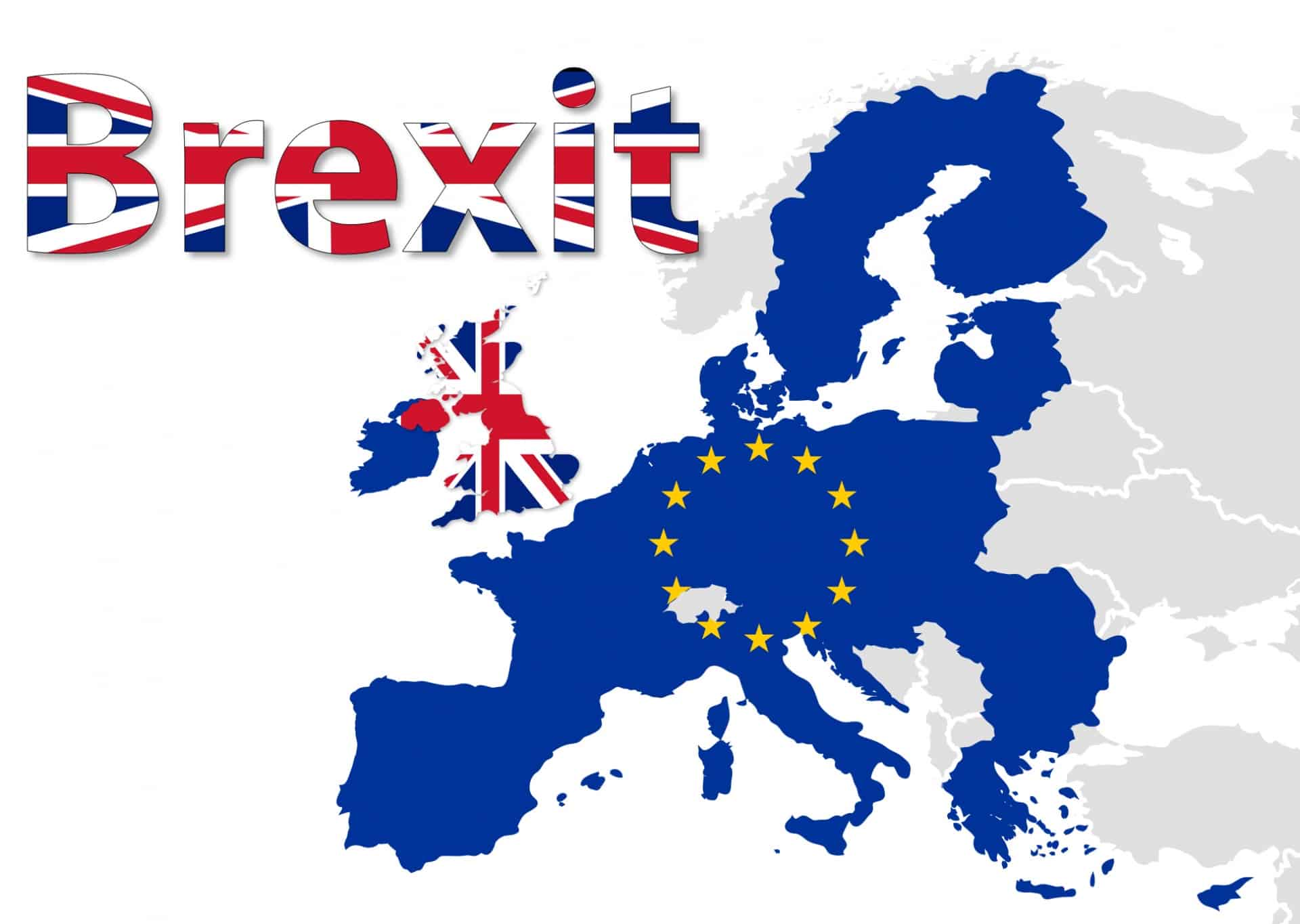Kelly Cordes, Esquire
On June 23, 2016, the UK voted in a referendum to leave the European Union, with 51.9% of voters in favor of the decision and 48.1% in favor of remaining in the EU. The European Union, usually referred to as the EU, is an economic and political partnership among 28 member countries. It has its own currency (used by 19 member countries), and its own governing body and rules. In order for the UK to officially leave the EU, it must invoke Article 50 of the Lisbon Treaty. Once the UK does so, the process of its withdrawal will begin, and the UK will have two years to negotiate its withdrawal.
 It is currently unclear exactly when, and under what terms, the UK will invoke Article 50. No other country has invoked the article or made the decision to withdraw from the UK, so Article 50 (in place since 2009) has not yet been tested. Until the terms of withdrawal are negotiated and the UK’s exit from the EU is complete, the UK will still operate under the rules of the EU without actively participating in the EU governing process. UK’s Prime Minister, David Cameron, has announced he will step down from his position in October 2016. It is unlikely that the UK will take significant steps before then to begin the withdrawal process.
It is currently unclear exactly when, and under what terms, the UK will invoke Article 50. No other country has invoked the article or made the decision to withdraw from the UK, so Article 50 (in place since 2009) has not yet been tested. Until the terms of withdrawal are negotiated and the UK’s exit from the EU is complete, the UK will still operate under the rules of the EU without actively participating in the EU governing process. UK’s Prime Minister, David Cameron, has announced he will step down from his position in October 2016. It is unlikely that the UK will take significant steps before then to begin the withdrawal process.
What does this mean for holders of “EU Passports”? Citizens of any of the 28 EU member countries enjoy the right to freely work, travel, live (and own property) in any other member country. For this reason, passports of the member countries are typically referred to as EU passports. However, the EU does not issue passports. The passports of the 28 EU member countries simply share a common format, and that passport provides the benefits of free travel, work and property ownership.
Based on the UK’s decision to withdraw from the EU, citizens of EU member countries fear that they will no longer enjoy the same benefits in the UK. Whether this is true will depend upon the terms that are agreed upon between the UK and the EU. Even when the UK officially withdraws from the EU, it may agree to allow EU citizens to travel, work and live there without requiring a visa. In other words, citizens of other EU countries may continue to receive the benefits of unrestricted travel and work in the EU. It is also possible that the UK’s withdrawal from the UK will force citizens of EU countries to obtain a visa for long-stay travels, and to live and work there. We will have more information once the negotiations between the UK and the EU have begun. We will also continue to monitor the progress of the negotiations and keep our clients up to date as we explore ways to help interested UK citizens of Italian descent apply for Italian Dual Citizenship at Italian Consulates in Europe.

